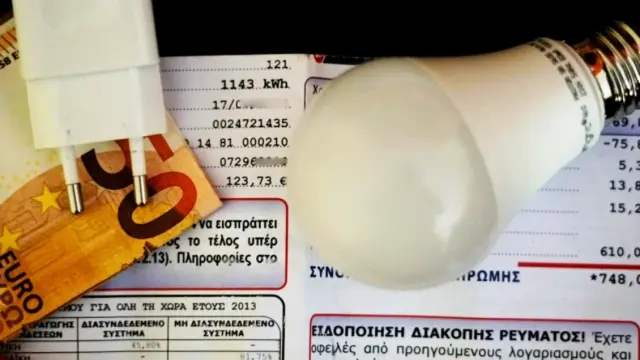Greece Develops Digital Infrastructure to Oversee Private Liabilities
Greece is moving forward with the development of a national digital registry designed to monitor private sector debt across the country—a major initiative by the Ministry of National Economy and Finance. Known as the Private Debt Monitoring Registry, the project aims to give the state, for the first time, a clear and comprehensive picture of the financial obligations held by households and businesses. This registry will be a critical tool in shaping economic policy, particularly at a time when private debt in Greece is estimated to exceed €370 billion, not including large swathes of unrecorded debts owed to utility providers, suppliers, or other private creditors.
The project, officially titled “SUB2: Development of an Information System for the Private Debt Monitoring Registry,” is funded through the European Union’s Recovery and Resilience Facility, with a budget of €1.075 million. It was launched in late January 2024 and is expected to be completed by May 2026. Implementation is being managed by Greece’s Information Society agency, under ministerial supervision, and will cover the entire country.
At the heart of the initiative is the creation of a centralized digital system that will collect anonymized data on debts owed to public entities such as the Independent Authority for Public Revenue (AADE), social insurance funds, banks, and loan servicers. It will also gather data from utilities, telecom companies, commercial enterprises, and property owners. By integrating all this information, the Greek government hopes to understand the true scale and structure of private debt in the economy, enabling it to respond with more effective and targeted policy measures to combat over-indebtedness.
The rollout of the registry takes place in two phases. The first, already underway, involves collecting data from public institutions and financial bodies. This is being done in cooperation with the Bank of Greece and the Central Credit Registry, alongside input from “Teiresias,” the country’s main credit bureau. All data collected at this stage is strictly anonymized and used only for statistical and policy-making purposes, not for evaluating individual borrowers.
The second phase, which is set to begin in late 2025, will expand the scope of data to include contributions from private sector entities such as utility companies, telecom providers, retailers, and landlords. At the same time, a new independent Credit Scoring Authority will be established. This body, with the express consent of individuals or businesses, will be able to issue official credit scores that can be used for a range of financial and administrative purposes.
Importantly, participation in the credit scoring process will be voluntary. A person or company may choose to obtain a credit score when applying for debt restructuring, a loan, a government subsidy, or to participate in a public tender. The scoring will be drawn from data provided by public institutions like tax offices, insurance funds, and local municipalities. Private companies—such as banks or retailers—will be able to access this credit information only with the explicit permission of the individual or business involved and always in accordance with strict data protection laws.
Content Original Link:
" target="_blank">









































